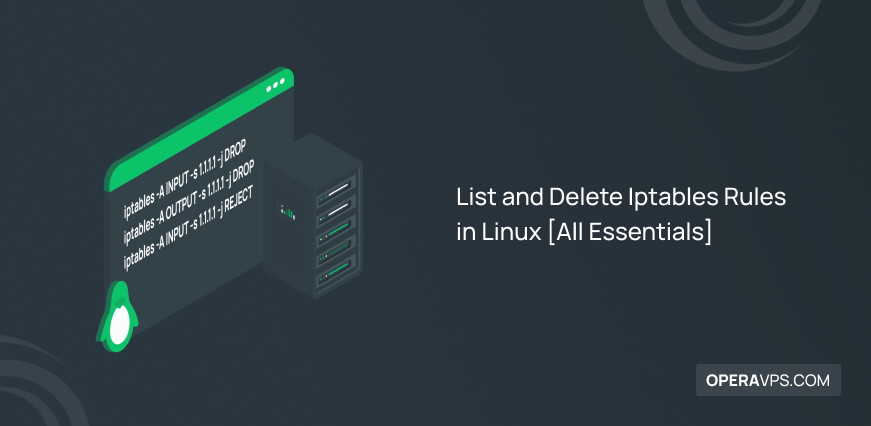
How to List and Delete Iptables Rules in Linux
List and Delete Iptables Rules in Linux by viewing all active firewall rules with commands like “iptables -L”. To list rules, use iptables -L [chain name] command to view the existing rules in the specified chain. To delete rules, if you consider deleting by specifics, run iptables -D [chain name] [rule specification] and to remove […]
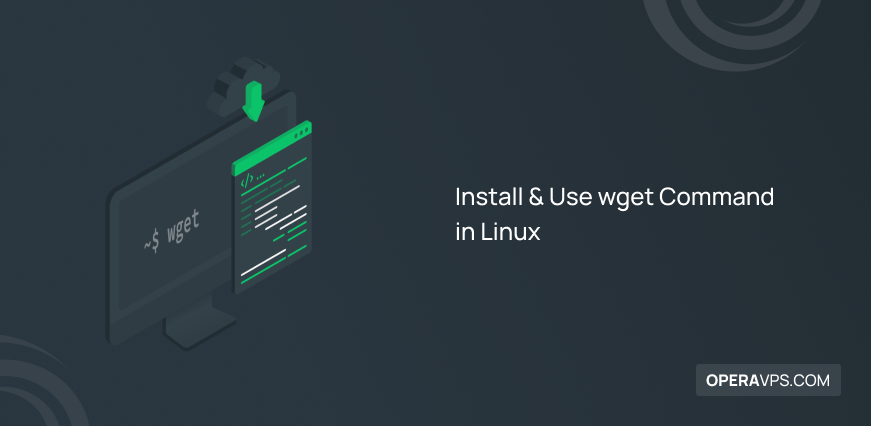
How to Install and Use wget Command in Linux
The wget command in Linux enables efficient downloading of files from the internet using HTTP, HTTPS, and FTP protocols. It supports resuming downloads, background downloading, and website mirroring for comprehensive offline access. 🤖AI Overview: Wget command in Linux is a robust network downloader that supports HTTP, HTTPS, FTP, and SFTP protocols. It operates non-interactively, allowing […]
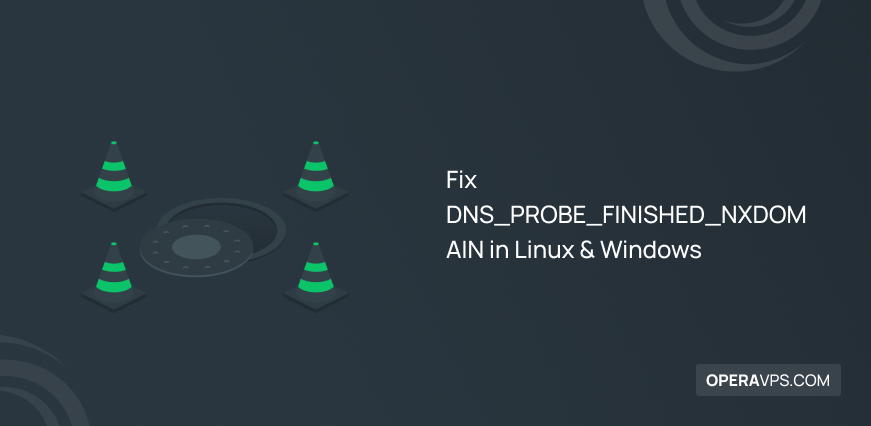
Fix DNS_PROBE_FINISHED_NXDOMAIN Error on Linux and Windows
Fix DNS_PROBE_FINISHED_NXDOMAIN error by checking DNS settings, flushing DNS cache, restarting network services, and verifying domain names in Linux and Windows to restore proper internet access. 🤖AI Overview: Fix DNS_PROBE_FINISHED_NXDOMAIN is a common error arising when DNS servers cannot resolve domain names to IP addresses, blocking website access. This guide covers solutions for both Linux […]
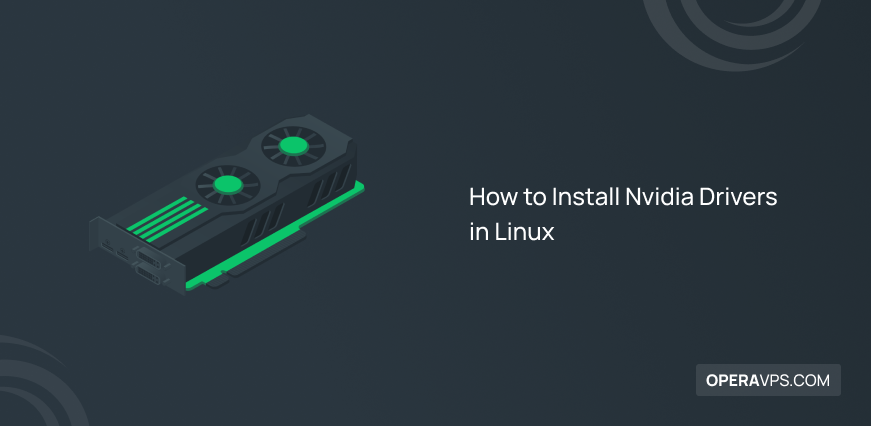
Install Nvidia Drivers in Linux Easily
Install Nvidia drivers in Linux to enable your system to effectively use Nvidia GPU hardware. Update your system, install the recommended drivers, and reboot for enhanced performance and stability. 🤖AI Overview: Installing Nvidia drivers in Linux ensures proper communication between your system and Nvidia GPUs, offering superior performance over default drivers. The installation involves checking […]
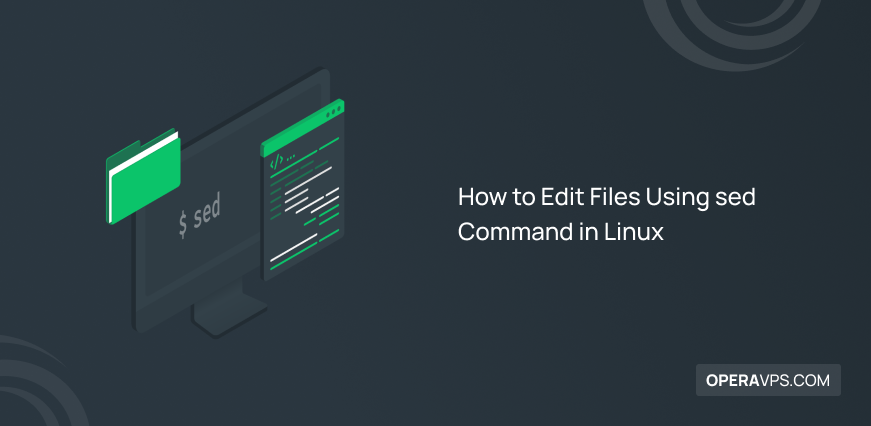
sed Command in Linux for Editing Files
The sed Command in Linux is a powerful stream editor for searching, replacing, inserting, and deleting text directly in files without opening them. It supports regular expressions for advanced pattern matching, enabling efficient text manipulation. 🤖AI Overview: The sed Command in Linux functions as a versatile stream editor that allows users to perform quick and […]
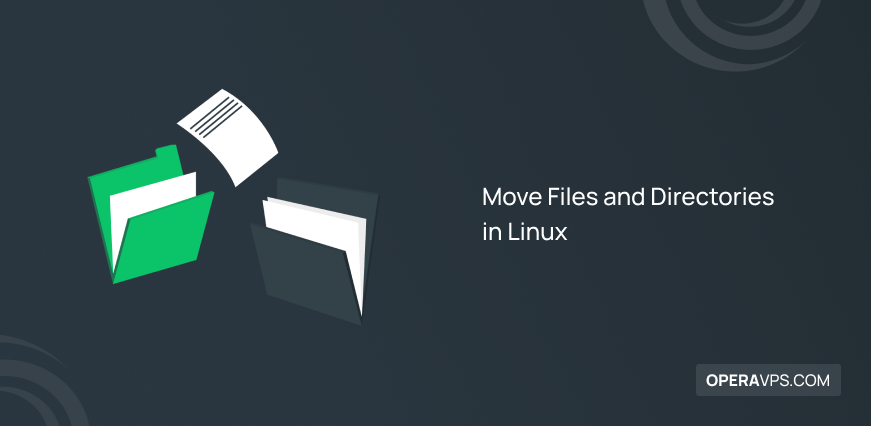
How to Move Files and Directories in Linux
Move Files and Directories in Linux involves using the mv command to relocate or rename files and directories efficiently. This operation updates the file location without duplicating data, optimizing file system organization. 🤖AI Overview: Moving files and directories in Linux is primarily accomplished using the mv command, which shifts items from a source to a […]
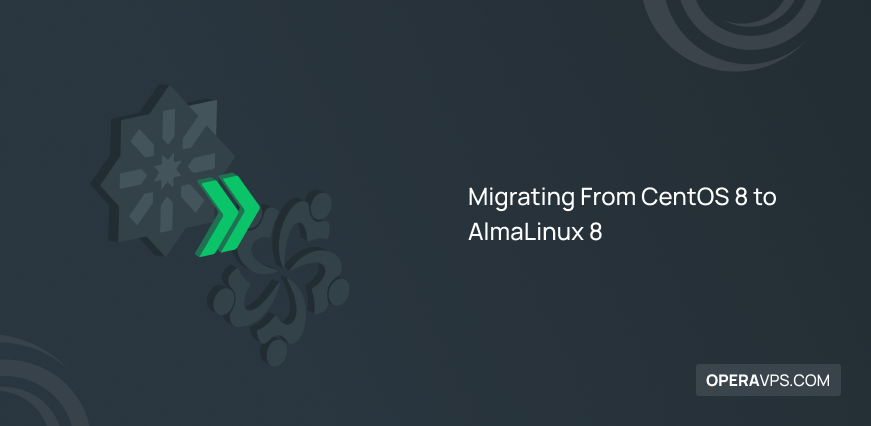
Migrating From CentOS 8 to AlmaLinux 8 Simplified
Migrating From CentOS 8 to AlmaLinux 8 uses an automatic script to smoothly update your system without reinstalling, preserving data and system settings safely through simple terminal commands. 🤖AI Overview: Migrating From CentOS 8 to AlmaLinux 8 is an essential upgrade due to CentOS 8’s end of life. AlmaLinux offers a stable, RHEL-compatible alternative with […]
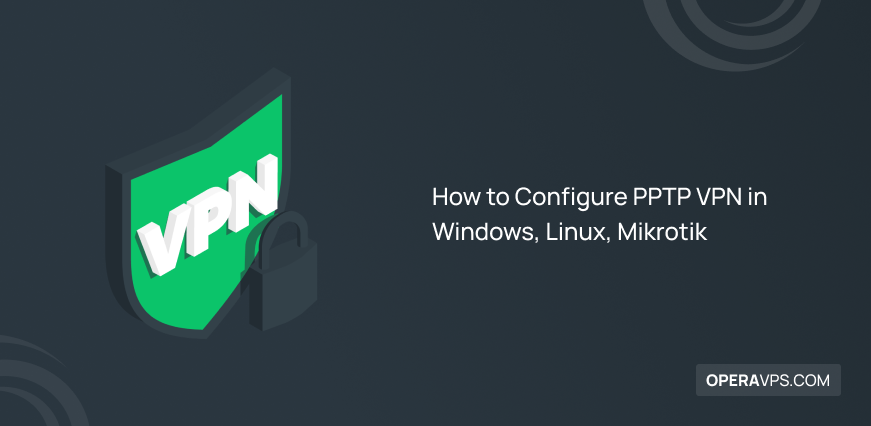
Configure PPTP VPN on Windows Linux and Mikrotik
PPTP VPN is a fast network protocol that guarantees a stable conversation over the Internet, especially for gaming and streaming usages. Using PPTP VPN is a simple option (not safe) to change your IP address. Configure PPTP VPN establishes a secure Point-to-Point Tunneling Protocol connection to protect data and enable remote access to private networks […]
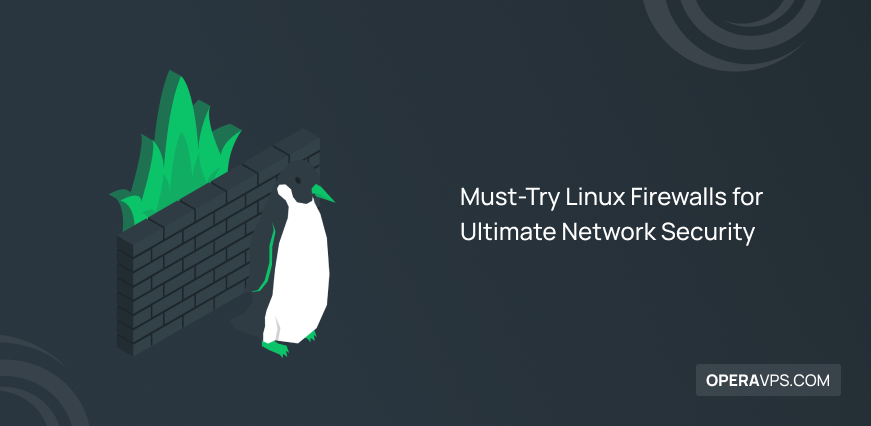
10 Best Linux Firewall Solutions for Network Security
A Linux firewall controls network traffic to protect systems from unauthorized access and attacks. It filters packets to block harmful connections, enhancing security for Linux environments. 🤖AI Overview: Linux Firewall is an essential tool for monitoring and controlling network traffic on Linux systems. It helps block unauthorized access and protects against malware and hacking attempts. […]
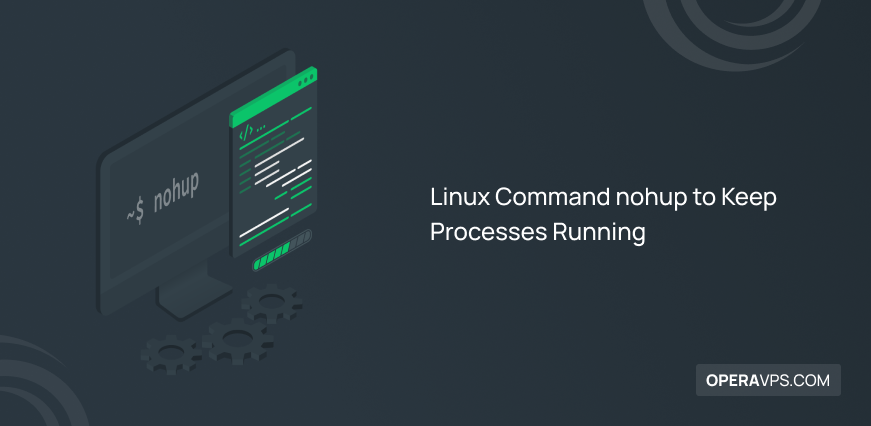
Linux Command nohup Explained for Persistent Processes
Linux Command nohup allows processes to continue running after logout by redirecting output to a file and preventing termination on session end. It is useful for managing long-running tasks independently of user sessions. Linux Command nohup Syntax: nohup command [arg1 arg2 …] [options] 🤖AI Overview: Linux Command nohup enables the execution of processes that persist […]
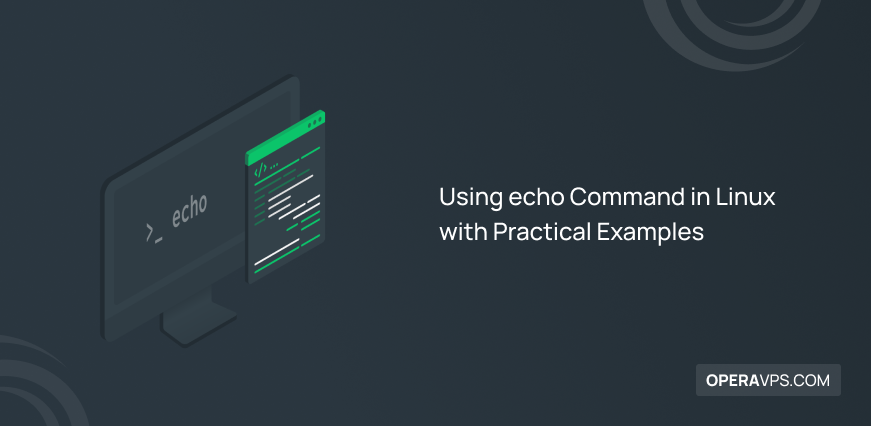
echo Command in Linux with Practical Examples
Echo Command in Linux prints text or variables to standard output and supports formatting with options like escape characters. It is essential for scripting and command line message displays. 🤖AI Overview: The echo Command in Linux is a fundamental utility for displaying text and variable output on terminal screens. It supports formatting options such as […]
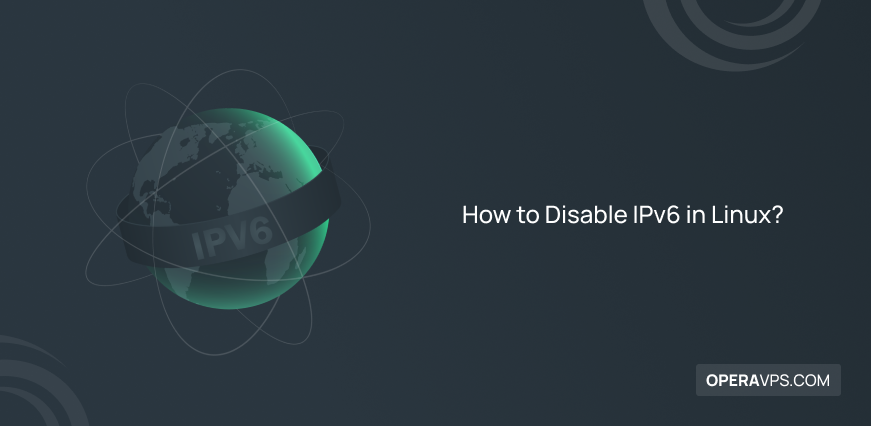
Disable IPv6 in Linux: Step-by-Step Guide
Disable IPv6 in Linux by editing system configuration files or GRUB settings to turn off the IPv6 protocol. This can be done on Debian-based and Red Hat-based systems with a reboot to apply changes. 🤖AI Overview: Disabling IPv6 in Linux involves configuring system files to switch off IPv6 either temporarily or permanently. Debian-based systems typically […]